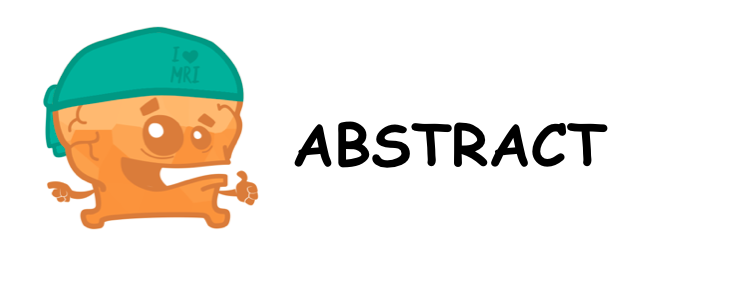Natural history of ventriculomegaly in adults: a cluster analysis.
Abstract
OBJECTIVEChronic ventriculomegaly in the absence of raised intracranial pressure (ICP) is a known entity in adult hydrocephalus practice. The natural history and indication for treatment is, however, poorly defined. A highly heterogeneous group, some adults with ventriculomegaly are asymptomatic, while others have life-threatening deteriorations. The authors hypothesized that the various presentations can be subtyped and represent different stages of decompensation. A cluster analysis was performed on a cohort of patients with chronic ventriculomegaly with the aim of elucidating typical clinical characteristics and outcomes in chronic ventriculomegaly in adults.METHODSData were collected from 79 patients with chronic ventriculomegaly referred to a single center, including demographics, presenting symptoms, and 24-hour ICP monitoring (ICPM). A statistical cluster analysis was performed to determine the presence of subgroups.RESULTSFour main subgroups and one highly dissimilar group were identified. Patients with ventriculomegaly commonly have a perinatal event followed by one of four main presentations: 1) incidental ventriculomegaly with or without headache; 2) highly symptomatic presentation (including reduced consciousness) and raised ICP; 3) early presenting with symptoms of headache and nausea (with abnormal pulsatility); and 4) late presenting with features common to normal pressure hydrocephalus. Each symptomatic group has characteristic radiological features, ICPM, and responses to treatment.CONCLUSIONSCluster analysis has identified subgroups of adult patients with ventriculomegaly. Such groups may represent various degrees of decompensation. Surgical interventions may not be equally effective across the subgroups, presenting an avenue for further research. The identified subtypes provide further insight into the natural history of this lesser studied form of hydrocephalus.


